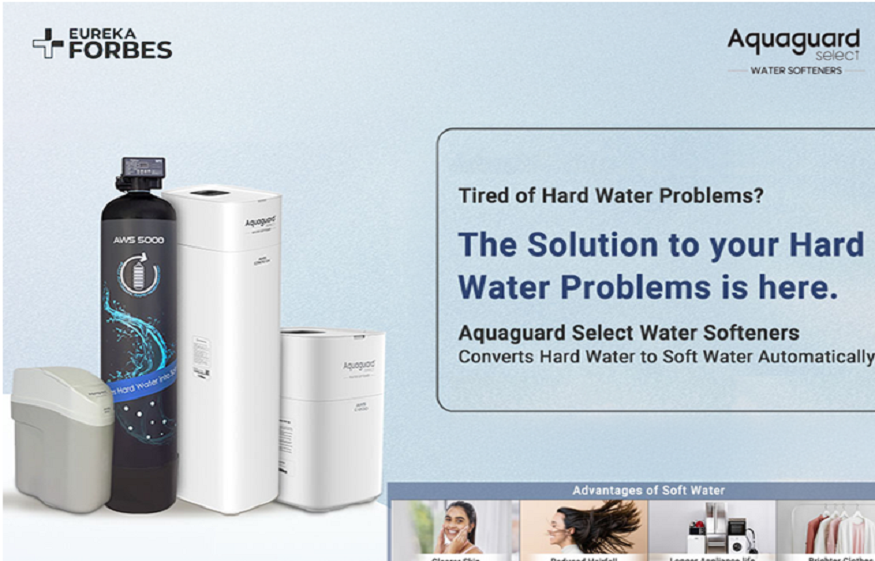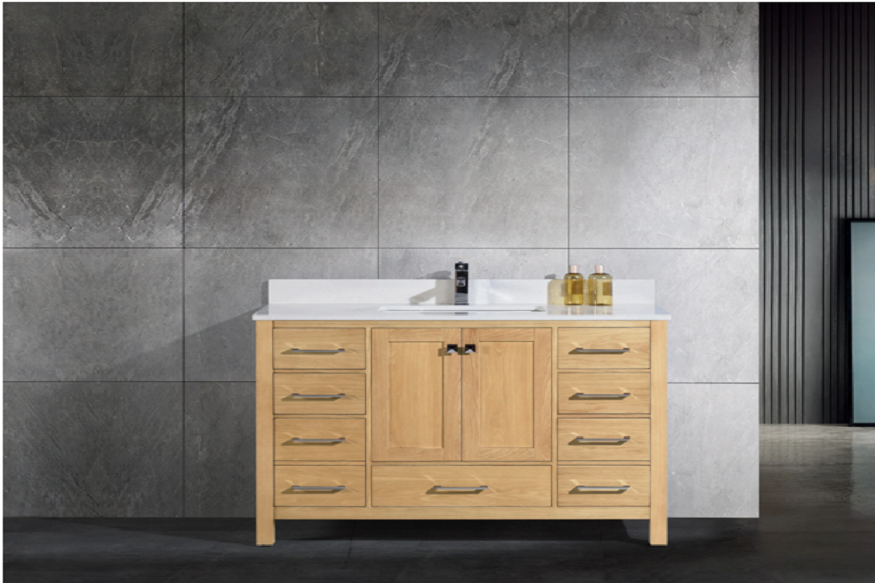Hard water is a problem that many households deal with but adjust to it, particularly in bathrooms where limescale buildup can damage fixtures and reduce efficiency.
Investing in a water softener might seem like the perfect solution, but is it the right choice for you? Here, we’ll explore the pros and cons of water softeners, helping you decide if they’re worth the investment.
What is a Water Softener?
A water softener removes hard minerals like calcium and magnesium from water and makes it usable. These minerals, though harmless to health, can cause scaling on bathroom surfaces, clog pipes, and reduce the lifespan of appliances.
Pros of a Water Softener for Bathroom Use
Prevents Limescale Buildup
Hard water leaves unsightly white deposits on bathroom fixtures, tiles, and glass surfaces. A water softener for the bathroom or complete home eliminates these minerals, keeping your home clean and reducing the need for harsh cleaning agents.
-
Extends the Life of Bathroom Fixtures
Hard water gradually damages metal fixtures and blocks showerheads by causing mineral buildup. By using a water softener, you protect your investment in high-quality bathroom fittings, ensuring they remain functional and aesthetically pleasing for years.
-
Reduces Cleaning Time
With no hard water stains or mineral buildup, maintaining a spotless bathroom becomes easier and less time-consuming.
-
Protects Skin and Hair
Soft water is gentler on skin and hair, as it lacks harsh minerals that strip natural oils. This helps reduce dryness, irritation, and damage, leaving skin smoother and hair softer, shinier, and more manageable.
-
Improves Soap Efficiency
Soft water creates a richer lather, making bathing and cleaning more effective. It also reduces soap scum buildup, leaving your bathroom sparkling clean and making your personal care products last longer.
-
Customisable Solutions for Every Need
Water softeners like the Aquaguard Select AWS C-2500 DX Water Softener offer solutions for various household needs. Its advanced features make it suitable for bathroom usage, drinking water usage, and all other purposes where water quality matters most.
Cons of a Water Softener for Bathroom Use
-
Initial Investment Costs
While water softeners provide long-term benefits, the upfront cost can be significant. High-quality systems such as the Aquaguard Select AWS C-3500 Water Softener, which is for multi-storey buildings come with advanced technology, which might require a budget adjustment. However, Aquaguard Select Water Softeners start from as low as Rs. 22000 only.
-
Maintenance Requirements
To keep your water softener functioning efficiently, you need to monitor salt levels and perform regular maintenance. Using a reliable product like Aquaguard Regeneration Media (Salt) ensures optimal performance, but it’s an ongoing responsibility.
-
Potential Sodium Increase
Some water softeners use salt to replace hard minerals with sodium. While the amount added is minimal, individuals on a low-sodium diet might need to consider alternatives or consult a professional before installing a system.
Do You Need a Water Softener for Your Bathroom?
If you face persistent issues with hard water—like scaling, poor soap performance, or reduced fixture lifespan—a water softener is an excellent investment. Modern systems, such as the Aquaguard Select AWS 600 Water Softener, are designed to integrate seamlessly into your home while providing significant benefits of keeping your appliances work smoothly.
Conclusion
A water softener can transform your daily routine by providing soft water that protects fixtures, enhances cleaning, and improves personal care. While there are costs and maintenance needs, the long-term benefits outweigh the challenges, especially when using the best water softener products.



